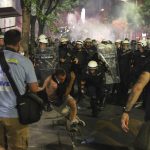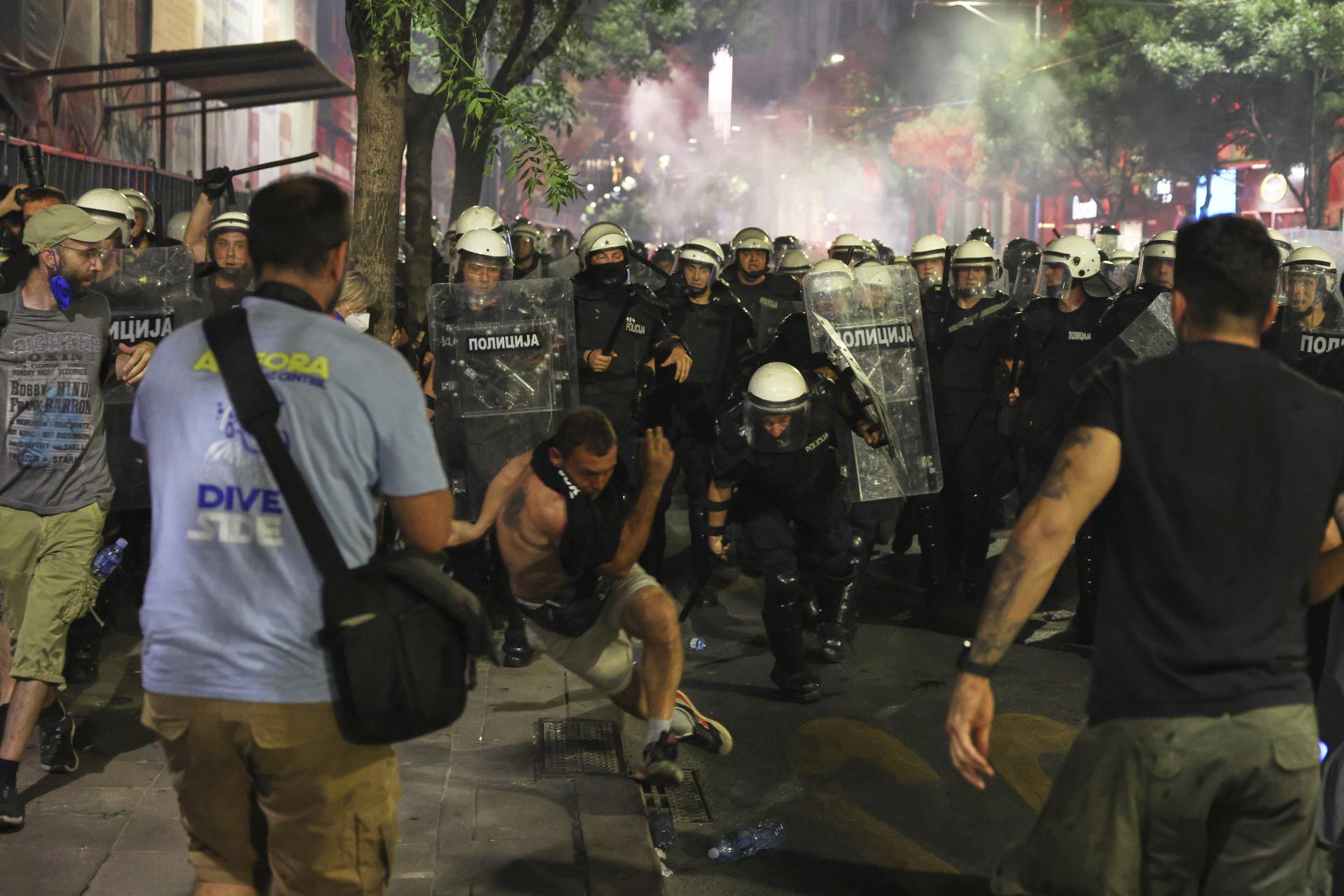Podgorica has stepped into one of the most crucial moments of its energy future! The Ministry of Economy, specifically the sector for energy and mining, has called on all citizens, experts, NGOs, and institutions to participate in the public debate on the draft National Energy and Climate Plan (NECP) by August 6. Is this finally the chance for Montenegro to embark on a green, sustainable, and just energy transition, or just another formality with no real effect? Let’s uncover what lies behind this document that could define the country’s development for decades.
What is NECP and why does it matter? NECP is not just another bureaucratic paper. It is a strategic document that will guide investments, support the use of EU funds, and coordinate the work of sectors like energy, transport, industry, agriculture, and waste management. In short, it is a roadmap for Montenegro on how to tackle climate change, improve the environment, and fulfill obligations from negotiation chapter 27.
Openness and inclusiveness – real or just lip service? Admir Šahmanović, director of the energy and mining sector, emphasizes that the NECP drafting process is open to everyone and that public involvement is key to making quality decisions. Institutions, local governments, academia, business, and civil society are invited to submit their comments and suggestions. But how much will the voices of ordinary citizens and NGOs really be heard? Will their proposals be considered, or will the plan remain in the hands of a narrow circle of power players?
Just transition – myth or reality? A Council for Just Transition has just been formed to ensure that the shift from fossil fuels to renewable energy sources leaves no one behind, especially coal miners and local communities like Pljevlja. This council brings together key decision-makers and stakeholders from various sectors, which sounds like a good start. But will there really be a fair distribution of benefits and burdens, or will it be another political game?
How to participate and what to expect? All interested parties can submit their comments by August 6, either in writing or electronically. The Ministry will publish a report after the public debate, summarizing the received comments and how they were taken into account. This is a chance to influence Montenegro’s future, but also a test of how ready the state is to genuinely involve citizens in important decision-making.
Conclusion – time for action or just another chance to delay? Montenegro has the opportunity to steer its energy and climate development on long-term sustainable foundations. NECP can be the key document to enable this, but only if it results from joint work, knowledge, and vision of all of us. If it remains just on paper, the consequences will be borne by all citizens, and the chance for a green future will be lost.
So, what do you think? Will this public debate be a real citizen engagement or just another formality? Drop a comment, share your thoughts, and don’t just be a bystander – it’s time for your voice to be heard!









